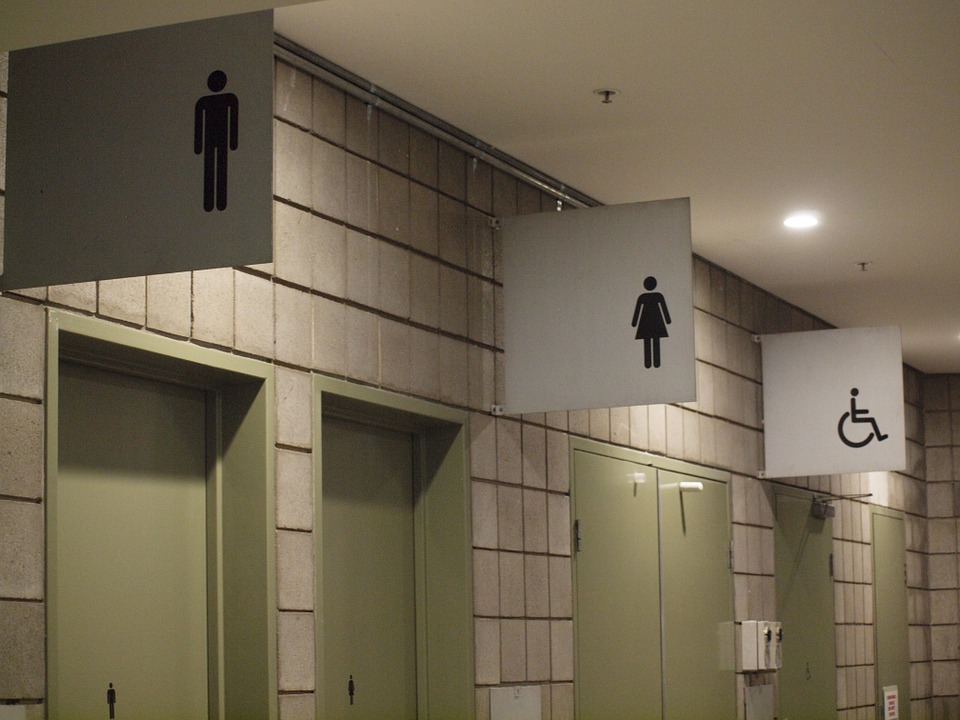What We’re Reading: February 25, 2016

A Black Police Officer’s Fight Against the NYPD (New York Times)
by Saki Knafo
“Over the last two years, Raymond has recorded almost a dozen officials up and down the chain of command in what he says is an attempt to change the daily practices of the New York Police Department.”
When Parents and Surrogates Disagree on Abortion (Atlantic)
by Katie O’Reilly
“In January, Melissa Cook, a 47-year-old California surrogate currently pregnant with triplets, sued the commissioning father, a single 50-year-old Georgia postal worker, who wanted her to abort one of the fetuses.”
Why Political Correctness is So Annoying…and Why It Works (Micropolis)
by Arun Venugopal
“Among the many striking aspects of the 2016 presidential race is this: ‘political correctness’ is regularly touted as one of our greatest societal evils.”
Does Ben Carson Suspect His Campaign Was a Scam? (Atlantic)
by David A. Graham
“Carson has taken in incredible amounts of money during the race. His campaign has raised more than any other Republican presidential rival, though they’ve raised more when super PACs are included. But he’s also spent more than any of them, so that despite his prolific fundraising, he has barely $4 million in cash on hand.”
The Scourge of the Female Chore Burden (Atlantic)
by Olga Khazan
“All over the world, women are doing work they’re not getting paid for.”
Texas academics told to avoid ‘sensitive topics’ if gun law goes into effect (Guardian)
by Tom Dart
“Students and academics have warned of a chilling effect on freedom of expression ever since Texas became the latest state to pass a “campus carry” law last year. It compels public universities to allow license holders aged 21 and over to bring concealed handguns on to most areas of campus.”
The Evolution of Shaming (Atlantic)
by Ed Yong
“So why bother? Why censure someone who hasn’t harmed us directly? Some scientists have suggested that it helps to cement human societies together by enforcing social norms and discouraging selfishness or bad behavior.”




